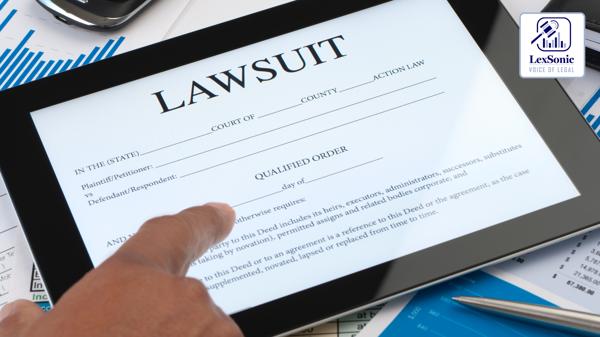Court Grants Last Chance for Written Statement Amid Medical Exigency.
07 October 2024
Civil Suits >> Civil & Consumer Law
In a recent ruling in the matter of Parima Vinocha v/s Sona Sharma, the court has allowed a petitioner to file a written statement in a recovery suit, overturning an order that had closed her right to do so. This decision follows a petition that highlighted medical exigencies as the reason for the delay in submitting the necessary documentation.
Background of the Case:
The petitioner, who is currently defending against a suit for recovery, faced a setback on September 2, 2024, when the learned Trial Court ruled that her right to file a written statement had been closed due to the absence of the document. The suit was initially filed on January 8, 2024, and the petitioner appeared before the court for the first time on March 11, 2024. Following a minor amendment to the plaint, which was granted on May 18, 2024, the court instructed the defendant to submit her written statement.

Legal Proceedings:
As the matter progressed, the court noted that the written statement had not been filed by the time of the September hearing, leading to the closure of the petitioner’s right to respond. In response, the petitioner’s counsel argued that the delay was due to medical reasons, asserting that there was no intention to stall the proceedings and requesting a final opportunity to submit the written statement.
Although the counsel for the petitioner did not file an application to recall the order, the respondent's counsel expressed a willingness to allow the petitioner one last chance, contingent upon the imposition of an exemplary cost.
Court's Decision:
After considering the circumstances, including the concession from the respondent's counsel, the court decided to grant the petitioner an opportunity to file her written statement. The court mandated that the petitioner submit her written statement by the following day, with an advance copy provided to the opposing side.
Additionally, acknowledging the delay, the court imposed a cost of ?10,000 on the petitioner, to be paid simultaneously with the filing of the written statement.
Conclusion:
The court’s ruling serves as a reminder of the importance of procedural fairness, allowing litigants to present their cases even in challenging circumstances. By granting the petitioner a final chance to respond while imposing a cost, the court balanced the need for timely resolution of legal matters with the realities faced by individuals in difficult situations. The petition was disposed of with these terms, marking a significant moment in the ongoing litigation.
